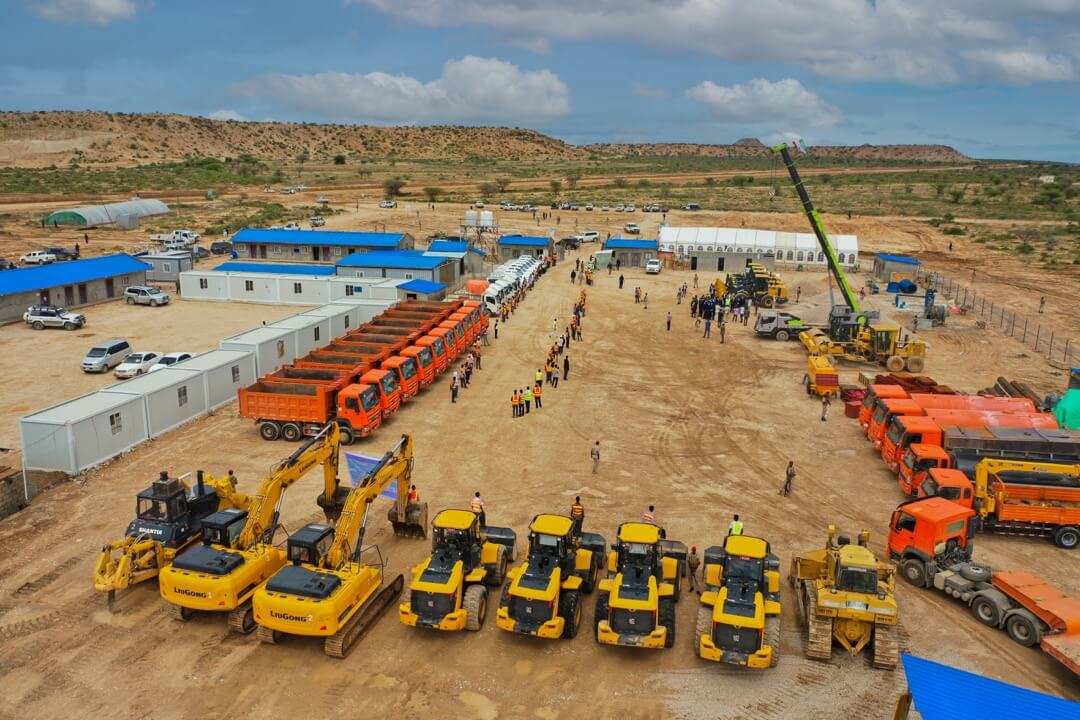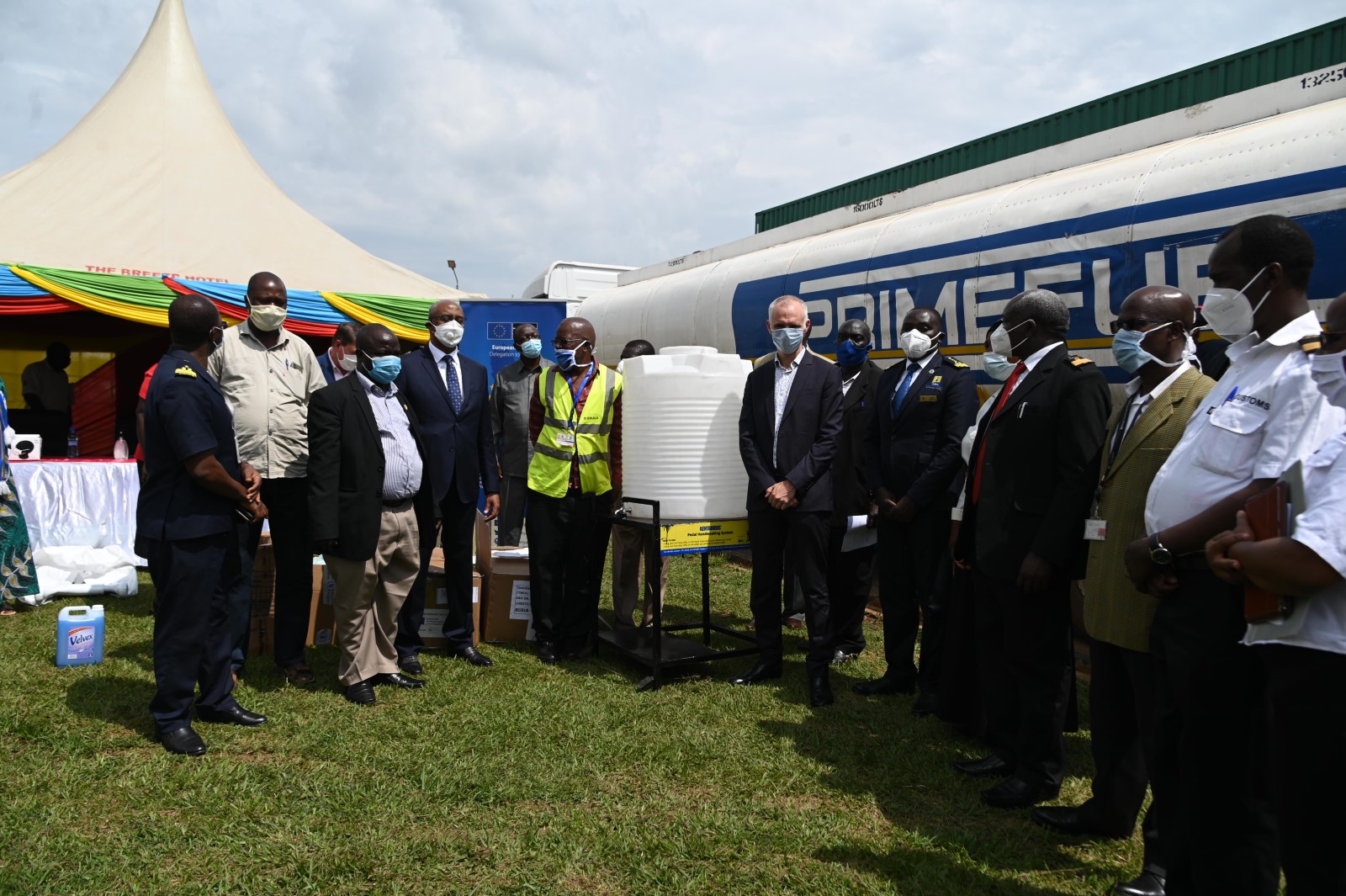[vc_row][vc_column][custom_inner_menus select_menu="project"][/vc_column][/vc_row][vc_row][vc_column][single_project_block_1 heading="Integrated Border Management" implementor="Tanzania Revenue Authority (TRA)" target_group="Importers and Exporters in East Africa" project_value="$xxxxxx" implementation_period="April 2019 – June 2021" download_btn_text="Download Project PDF" download_btn_link="https://www.trademarkafrica.com/download/60829/"]ECTS will address the following challenges: Lack of holistic end to end transit monitoring mechanism leading to cases of dumping delayed bond cancellation and refund processing. International and cross border trade barriers resulting from multiple arming, disarming and at times verification at all borders along the corridor. High-cost of cross border trade in terms of time and money associated with monitoring of Transit cargo. What: The Electronic Cargo Tracking System (ECTS) an is a web-based solution used to provide real-time monitoring of transit cargo under Customs control. Implementation of an Electronic Cargo Tracking System (ECTS) along the Central Corridor will facilitate tracking of goods under customs control (whose taxes have not been paid) from Point of Loading/Departure (especially for cargo entering East Africa through the port of Dar es Salaam) to final destination within Tanzania, Rwanda, Uganda, Burundi and Democratic Republic of Congo. Project’s Key Outputs include: ECTS system is developed and deployed. ECTS system is integrated with other systems. Change Management strategy is developed and implemented. ECTS operations are established. Rapid Response units are operationalized. How: Through a Partner Support Financing Agreement, TMA will support the Revenue Authority in implementing the ECTS. Delivery of this solution will require identifying and working with an experienced Technology Partner. It is expected that a rigorous Change Management plan will be developed and implemented. This will ensure that all...
Electronic Cargo Tracking System (ECTS)
Posted on: September 1, 2021
Posted on: September 1, 2021

















